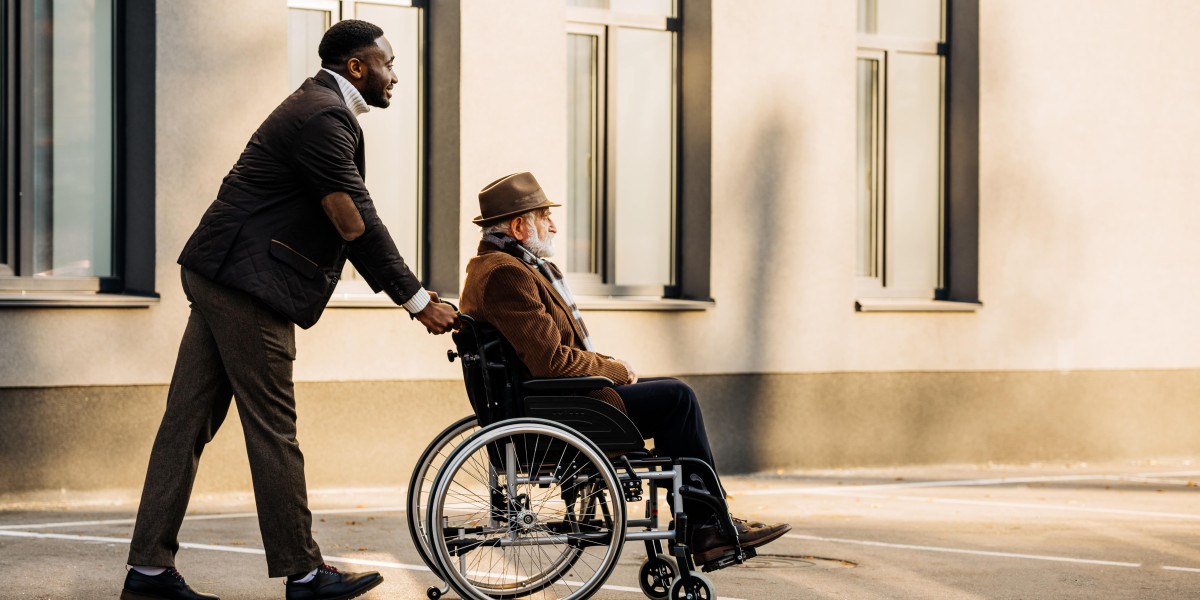When you first hear “750 watts,” it may sound like just another specification on an e-bike brochure—but this power rating hides remarkable performance potential. A 750W electric bike can typically reach speeds between 25 to 28 mph (40–45 km/h) on flat terrain, depending on the motor design, terrain, and rider input.
In the world of e-bikes, 750W represents the golden balance—enough torque for uphill climbs and off-road adventures, while still complying with many regional regulations. Let’s dive into what that speed really means in real-world conditions.
Understanding Electric Bike Power Ratings
A motor rated at 750 watts produces 0.75 kilowatts of mechanical power, translating to robust acceleration and solid top-end performance. But the actual speed output depends on more than wattage—motor efficiency, battery voltage, and controller limits all play roles.
Think of wattage as a measure of “muscle.” A higher wattage motor doesn’t always mean a faster bike if it’s paired with lower voltage or capped by software speed limits. Most Class 3 electric bikes with 750W motors cap out at 28 mph with pedal assist, as defined by U.S. regulations.
Wattage vs Speed: The Science Behind the Ride
Electric bikes convert electrical energy into motion through brushless motors. Efficiency typically ranges from 75% to 90%, depending on cooling and load. The torque output determines how quickly the bike accelerates, especially on inclines.
For example, a 750W mid-drive motor provides stronger torque at low speeds—perfect for steep climbs—while a hub motor delivers smoother cruising speeds. Understanding these dynamics helps you choose the right e-bike for your terrain.
Typical Speed Range of 750W Electric Bikes
On Flat Terrain
A 750W e-bike typically cruises between 25–28 mph on level roads. However, some unlocked or customized models can exceed 30 mph.
Uphill Performance
On moderate inclines, expect 18–22 mph, depending on total load. Torque-assisted mid-drive systems perform better than hub drives here.
With and Without Pedal Assist
With full pedal assist, riders can easily sustain 27–28 mph. Throttle-only mode usually tops out around 20–22 mph, depending on motor limitations.
Factors That Influence 750W E-Bike Speed
Rider Weight and Terrain
Heavier riders naturally reduce acceleration and top-end speed. Likewise, rough or hilly terrain increases energy demands.
Battery Voltage and Efficiency
Voltage dictates the motor’s rotation speed. For instance, a 48V battery provides solid mid-range power, while 52V or 60V systems enable quicker top speeds—assuming the controller supports it.
Tire Size and Air Pressure
Wider tires enhance stability but add rolling resistance, reducing top speed slightly. Keeping your tires properly inflated minimizes drag and maintains speed.
Wind Resistance and Aerodynamics
Every 10 mph increase in speed drastically raises aerodynamic drag. Streamlined riding posture and smooth tires can boost efficiency.
Legal Speed Restrictions for 750W E-Bikes
U.S. and EU Regulations
In the U.S., Class 3 electric bikes (often 750W) can reach 28 mph with pedal assist but only 20 mph on throttle mode. In the EU, e-bikes are typically capped at 25 km/h (15.5 mph), regardless of power output.
Why Some Bikes Are Capped at 28 MPH
Manufacturers often limit speed for safety, battery longevity, and regulatory compliance. Exceeding 28 mph usually categorizes your e-bike as a moped or motor vehicle, requiring registration.
Comparing 750W E-Bikes to Other Power Classes
| Power Class | Top Speed (mph) | Torque (Nm) | Use Case |
|---|---|---|---|
| 250W | 15–20 | 35–40 | Urban commuting |
| 500W | 20–25 | 50–60 | Moderate terrain |
| 750W | 25–28 | 70–85 | Off-road + high-speed |
| 1000W | 30–35+ | 90–100+ | Heavy-duty + steep climbs |
500W vs 750W
A 750W bike accelerates faster and handles steeper gradients with ease. It also supports heavier loads, though at a modest energy cost.
750W vs 1000W
A 1000W motor can reach 35–38 mph, but often exceeds legal limits and consumes energy faster.
Real-World Examples: How Fast 750W Models Go
Commuting and Urban Use
Commuter-style 750W e-bikes generally maintain 25–28 mph, offering efficient city travel while staying within Class 3 boundaries.
Off-Road and Adventure Use
Adventure e-bikes—such as fat-tire or moped-style models—may achieve 30–32 mph, particularly with upgraded voltage systems and advanced controllers.
How to Make Your 750W Electric Bike Go Faster (Safely)
Software Unlocks and Settings
Some e-bikes have “speed limiters” in their firmware. Accessing settings or using the manufacturer’s app may allow you to unlock higher speeds—though legality varies by region.
Battery and Motor Maintenance
Keeping connectors clean, maintaining proper lubrication, and ensuring full battery charge can help maintain peak output without overstraining components.
Energy Efficiency and Range at Different Speeds
| Speed (mph) | Approx. Range (miles) | Energy Efficiency |
|---|---|---|
| 15 | 60–70 | Very High |
| 20 | 45–50 | High |
| 25 | 35–40 | Moderate |
| 28+ | 25–30 | Low |
Speed vs Range Tradeoff
Higher speeds consume exponentially more energy. If you want longer range, maintain speeds between 18–22 mph.
Best Cruising Speeds for Longevity
Riding around 20–24 mph optimizes both range and motor temperature, preserving your battery’s lifespan.
Safety Tips When Riding a 750W Electric Bike
Always wear a certified helmet.
Keep your brakes and tires in excellent condition.
Use lights and reflective gear at night.
Avoid abrupt throttle bursts on wet roads.
Respect posted speed limits and traffic laws.
Environmental Benefits of Riding a 750W E-Bike
Electric bikes are eco-friendly transportation marvels—zero tailpipe emissions, minimal noise, and low operational costs. A 750W e-bike can replace short car trips, cutting your carbon footprint by over 90% compared to a gasoline vehicle.
FAQs
1. What’s the top speed of a 750W electric bike?
Most reach 25–28 mph, depending on terrain and assist mode.
2. Can a 750W e-bike go faster than 28 mph?
Yes, if unlocked—but it may no longer be legally classified as an e-bike.
3. Is a 750W e-bike good for hills?
Absolutely. Its torque easily handles moderate to steep gradients.
4. How long does the battery last at top speed?
Expect 25–30 miles on throttle-only mode and up to 45 miles with pedal assist.
5. Are 750W electric bikes street legal?
Yes, as long as they comply with Class 3 limits and local laws.
6. How does rider weight affect speed?
Heavier riders slightly reduce acceleration and top-end performance.
Conclusion
A 750W electric bike strikes the perfect balance between speed, power, and versatility. Capable of reaching up to 28 mph, it offers exhilarating rides without sacrificing efficiency or control. Whether for daily commuting or weekend adventures, the 750W class stands as the sweet spot in modern e-bike performance.








